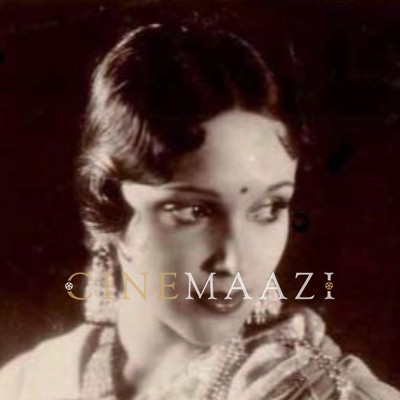Karl Von Spreti
Subscribe to read full article
This section is for paid subscribers only. Our subscription is only $37/- for one full year.
You get unlimited access to all paid section and features on the website with this subscription.
Not ready for a full subscription?
You can access this article for $2 , and have it saved to your account for one year.
- Primary Cinema: Hindi
One of the most remarkable episodes of the early years of Indian cinema is the influence of German émigrés is shaping the early aesthetics of Hindi cinema, particularly that of Bombay Talkies. Formed by Himanshu Rai and Devika Rani, Bombay Talkies established itself as one of the most eminent studios of pre-Independence India. The studio set itself apart from other production houses not only through its focus on social issues and women-led films but also through a distinct technical smoothness that was missing from most Indian films. This was due in large part to the German director Franz Osten and the team of technicians who accompanied him. Like Osten, cinematographer Josef Wirsching, lab engineer Wilhelm Zolle, Karl Von Spreti was among a group of German artists fleeing Europe under fascism.
The first film Spreti is credited to have worked on is a landmark in Indian film history – Achhut Kanya (1936). The film focused on the issue of untouchability and became Bombay Talkies’s first major success. A key factor behind this was Von Spreti’s production design which lent an air of authenticity to the film. Unlike the mythological and historicals that were in vogue at the time, Spreti’s work is known for its austerity and realism. The group of German technicians also left behind a strong trace of German expressionist cinema in their works. Spreti’s subsequent work in films like Jeevan Naiya (1936), Jeevan Prabhat (1937), Izzat (1937), Savitri (1937), and Prem Kahani (1937) also achieved great success.
As with most technicians, details of Spreti’s personal life are unknown. There is also very little information to suggest he worked in the Hindi cinema beyond the 30s. Nevertheless, his stellar work for the early Bombay Talkies films left an indelible impact on the history of Indian cinema.
In 1956, Spreti became West Germany's first ambassador to Luxembourg since World War II, serving until 1960. He later held ambassadorial positions in Cuba (1960–1963), Jordan (1963–1965), and the Dominican Republic (1966–1968). Subsequently, he was assigned to Guatemala during the Guatemalan Civil War. Tragically, on March 31, 1970, Spreti was kidnapped by Marxist–Leninist FAR guerrillas in Guatemala City and murdered six days later.









.jpg)



